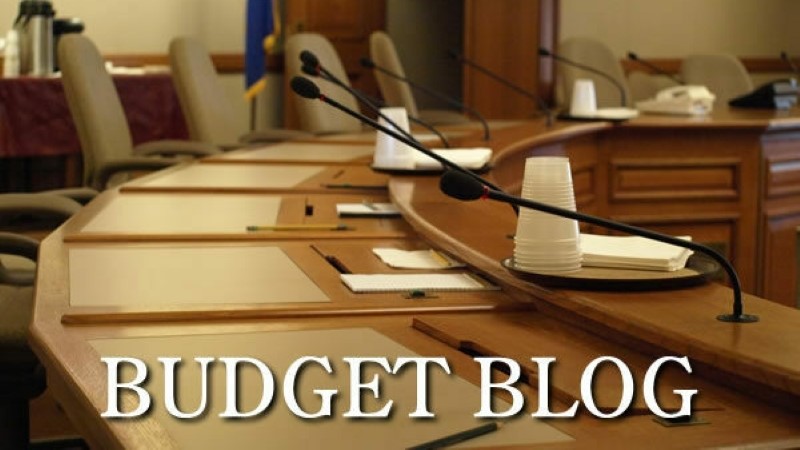
Joint Finance to convene tomorrow on remaining budget topics
Meanwhile, GOP legislative leaders are moving to set up an extraordinary session to vote on the budget.

Meanwhile, GOP legislative leaders are moving to set up an extraordinary session to vote on the budget.

The Joint Finance Committee nixed Dem Gov. Tony Evers’ call to raise hunting, fishing and other permits by $51 million and rejected additional positions for the state crime lab as it got back to work on the state budget.

The Joint Finance Committee convened shortly after 10:15 p.m. to begin voting again on areas of the state budget, more than 12 hours after its originally scheduled start time.
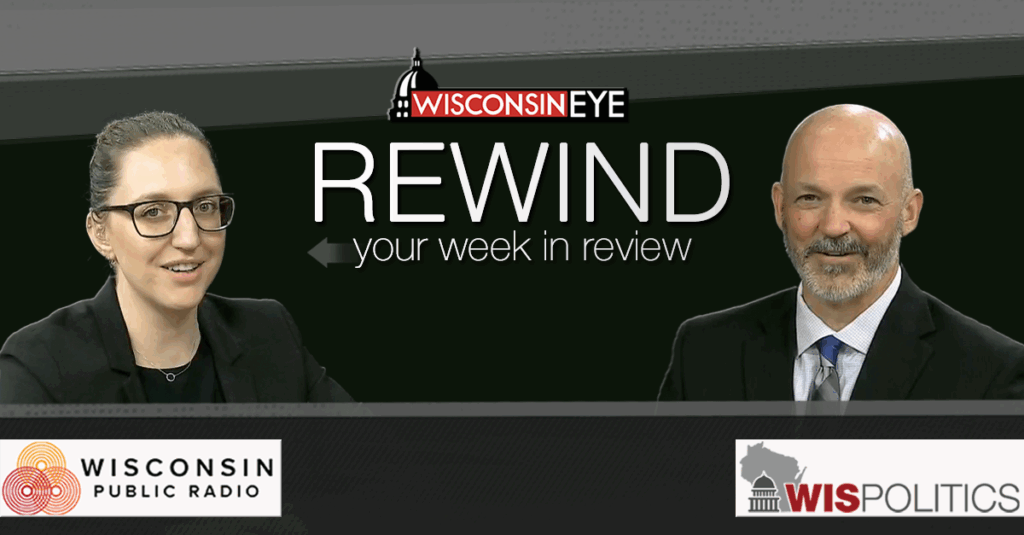
On this week’s episode of “Rewind,” WisPolitics.com’s JR Ross and Wisconsin Public Radio Capitol Reporter Anya van Wagtendonk discuss the last-minute budget push, the state Supreme Court’s decisions regarding the governor’s veto powers and congressional redistricting, results of the latest Marquette University Law School Poll and more.
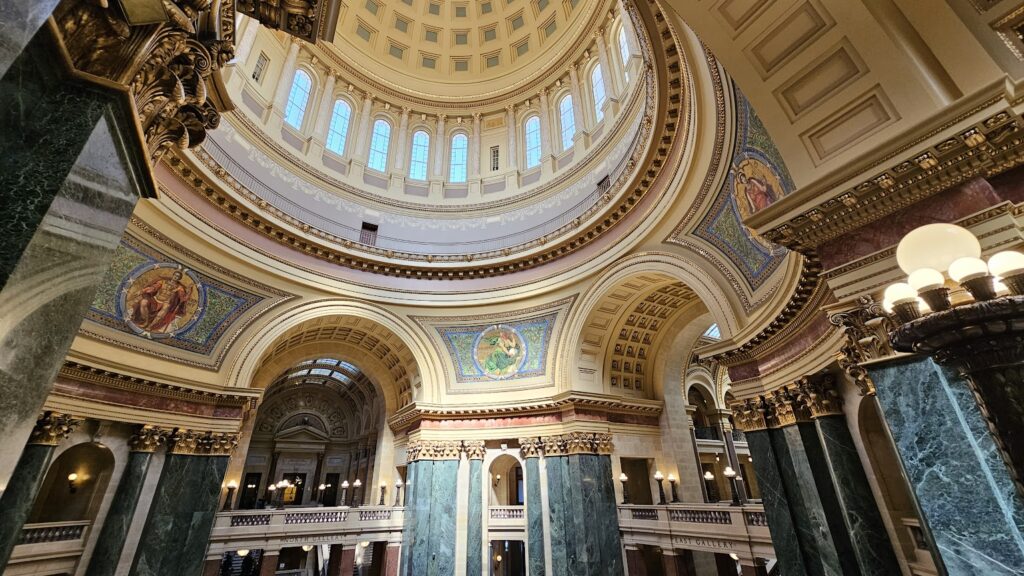
The Joint Finance Committee is scheduled to begin its final push on the state budget with GOP legislative leaders hoping to finish work on the document by the end of next week.

The Joint Finance Committee will meet tomorrow to restart its work on the state budget with an agenda that includes more than 50 topics, ranging from the UW system to Transportation.
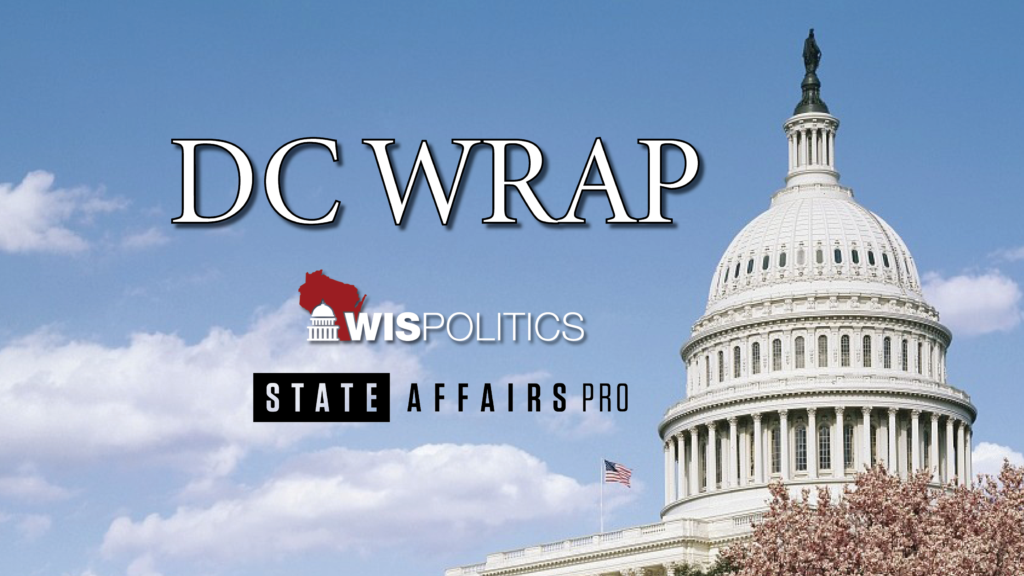
In this week’s DC Wrap: Wisconsin Dems criticize U.S. strikes on Iran as “unconstitutional” and Republicans back the move to prevent Iran from obtaining nuclear weapons.
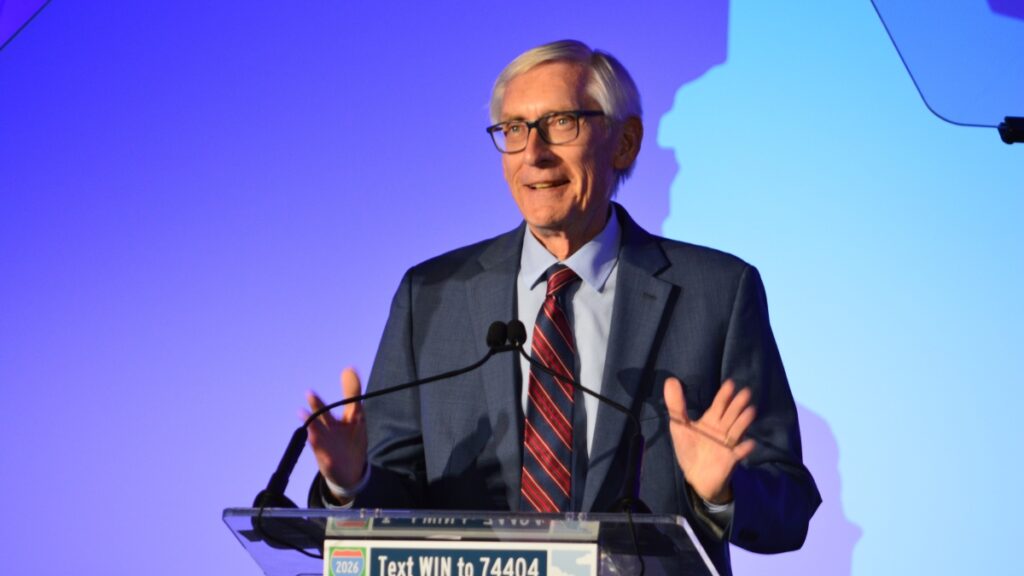
Wisconsin voters still had a net positive view of Dem Gov. Tony Evers’ job performance even as a majority oppose him running for a third term in 2026, according to a new Marquette University Law School Poll.
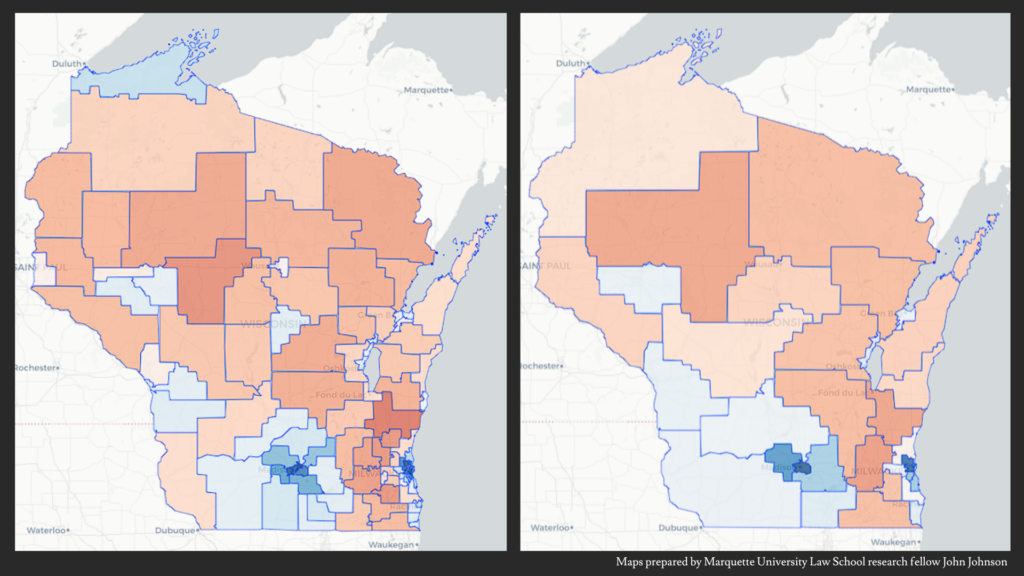
The court offered no comment on its decision, though it rejected a similar request in early 2024 after throwing out the legislative lines that had been used for the 2022 elections.
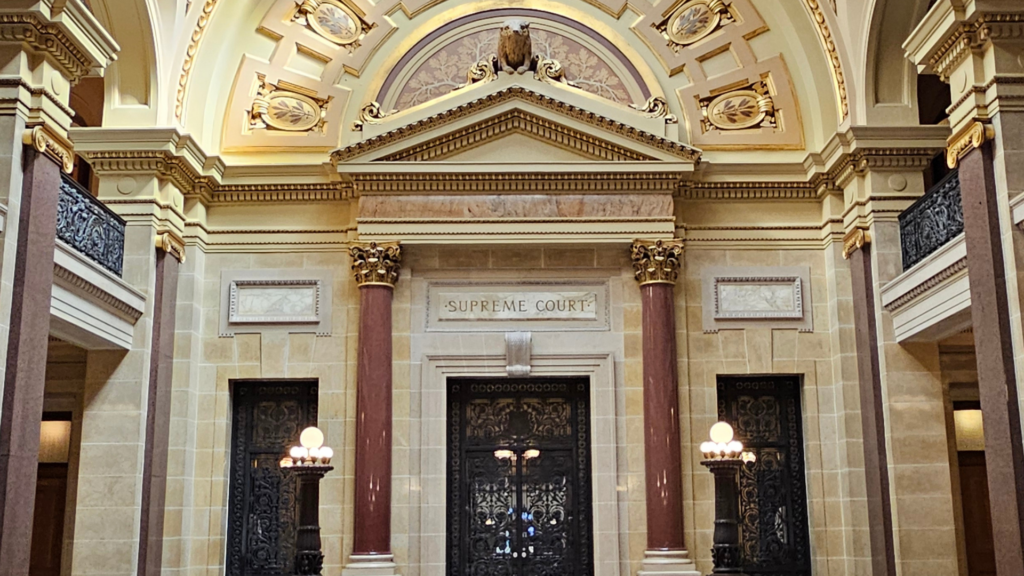
A unanimous Wisconsin Supreme Court today ruled Dem Gov. Tony Evers exceeded his authority by partially vetoing a bill in a literacy package even though it didn’t include an appropriation.
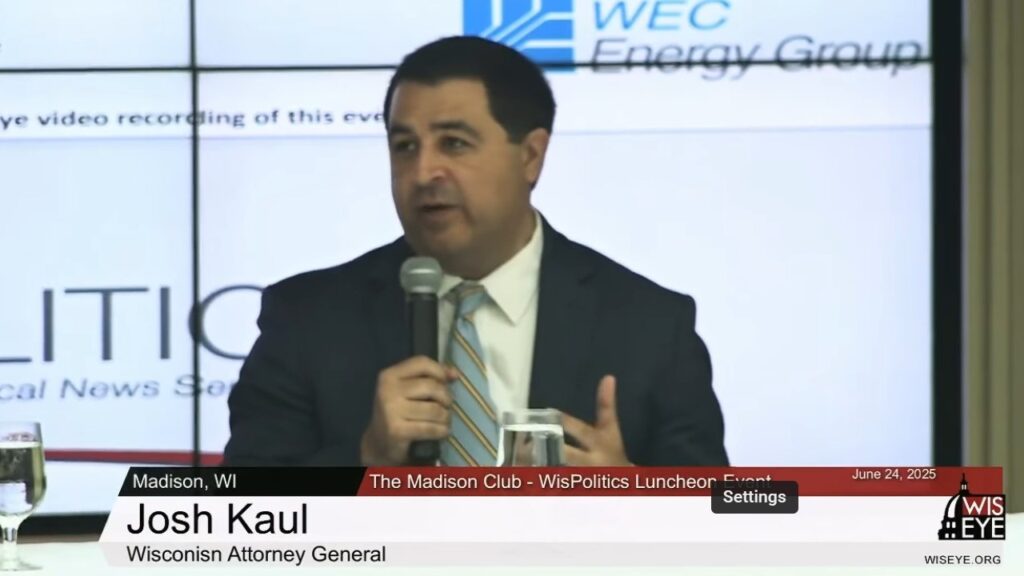
Speaking at a WisPolitics luncheon in Madison Tuesday, Kaul also slammed changes that Health and Human Services Secretary Robert F. Kennedy Jr. has made to the way vaccines are approved.
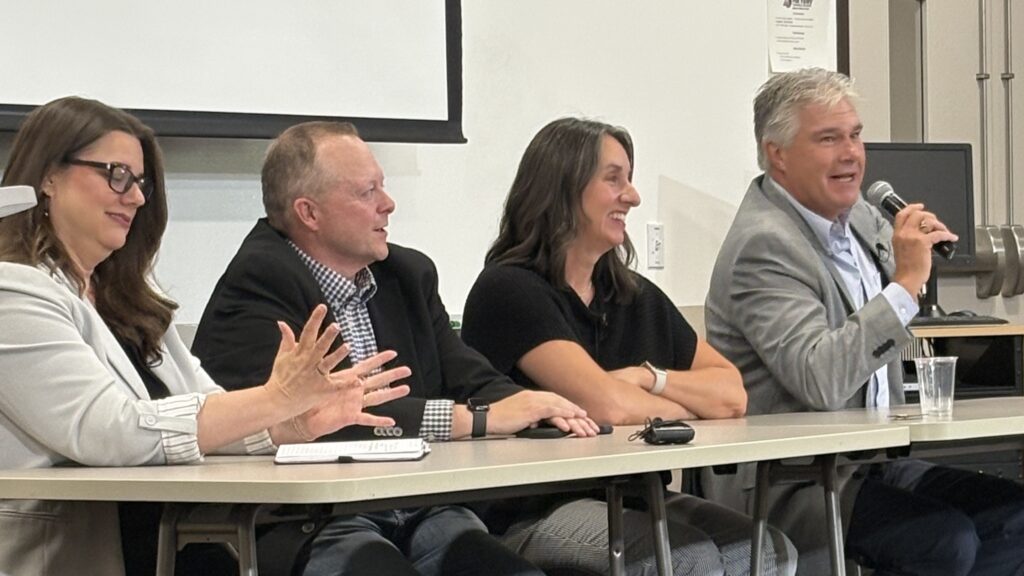
Panelists at a WisPolitics event on elections administration voiced support for allowing early processing of absentee ballots in hopes of speeding election results reporting and avoiding election night “ballot dumps.”
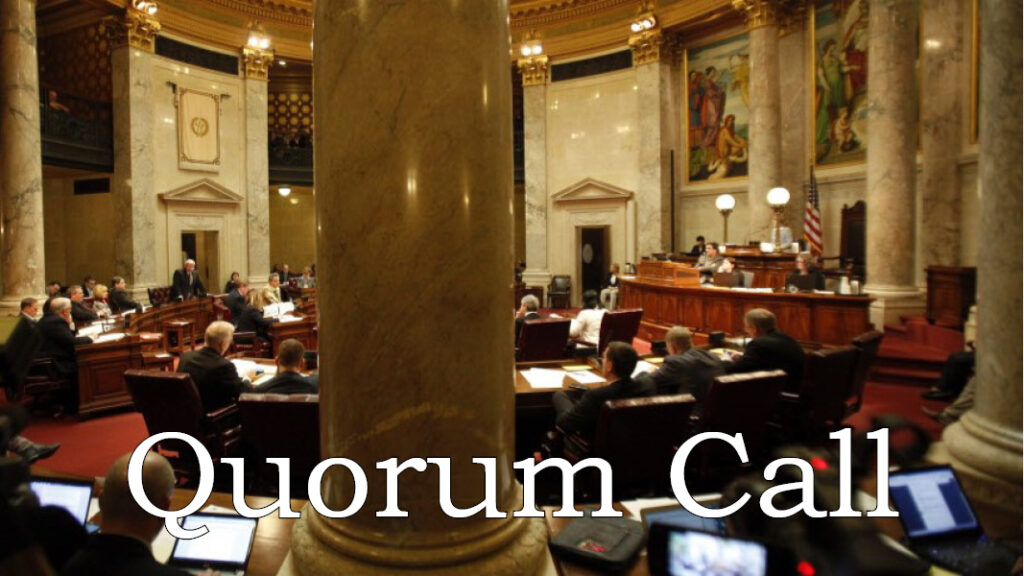
The Assembly today sent to Gov. Tony Evers’ desk several measures to boost nuclear power in Wisconsin.

Assembly Speaker Robin Vos, R-Rochester, said he spoke with Gov. Tony Evers this morning about negotiations on the state budget after the Senate stepped away from bipartisan budget talks last week.
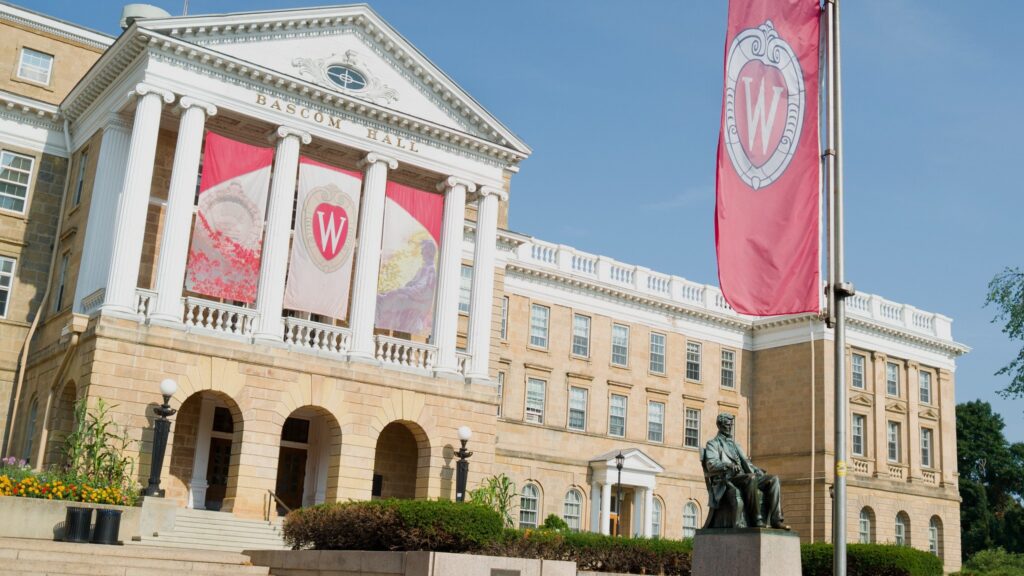
In addition to what’s happening at the federal level, Mnookin’s communication comes as work on the budget has hit an impasse in the GOP-controlled Legislature.
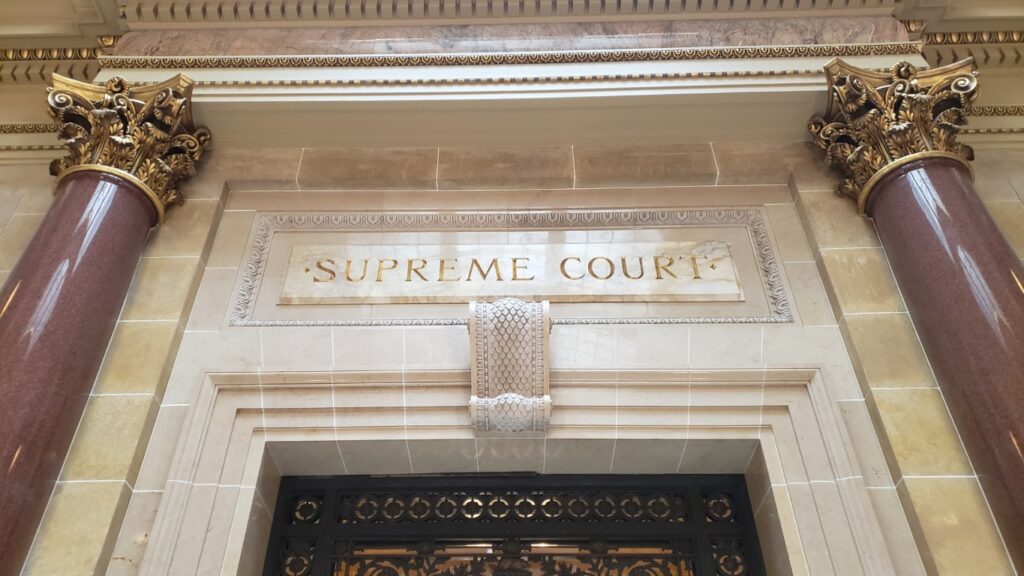
The state Supreme Court today ruled that the DNR doesn’t have to identify PFAS and other contaminants as hazardous materials before responsible parties must take steps to clean up the pollution. In the 5-2 decision, the court ruled the agency
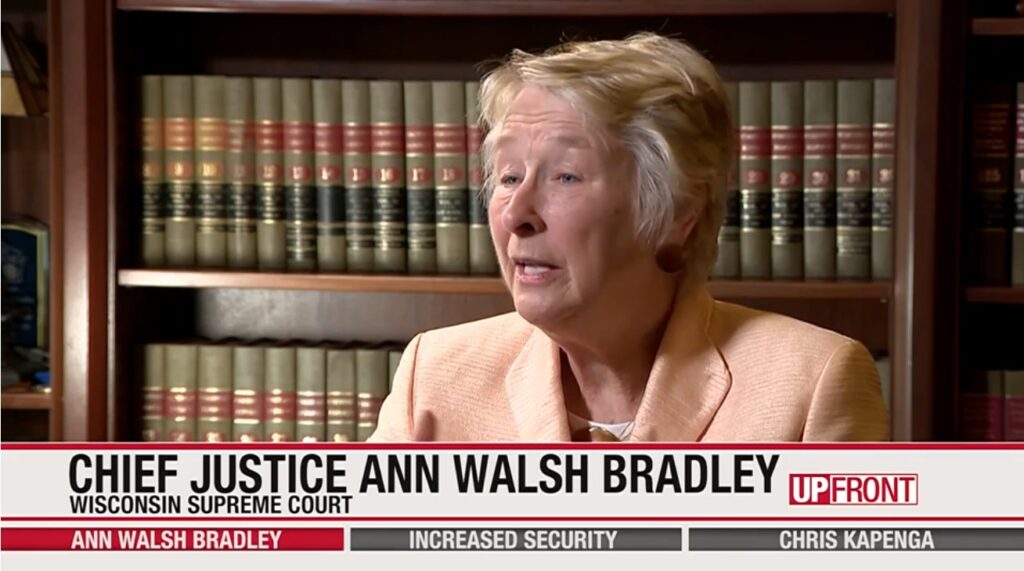
Chief Justice Ann Walsh Bradley, who will retire when her term ends next month, says politicization and the record spending in recent state Supreme Court races is a danger to the future of the court.
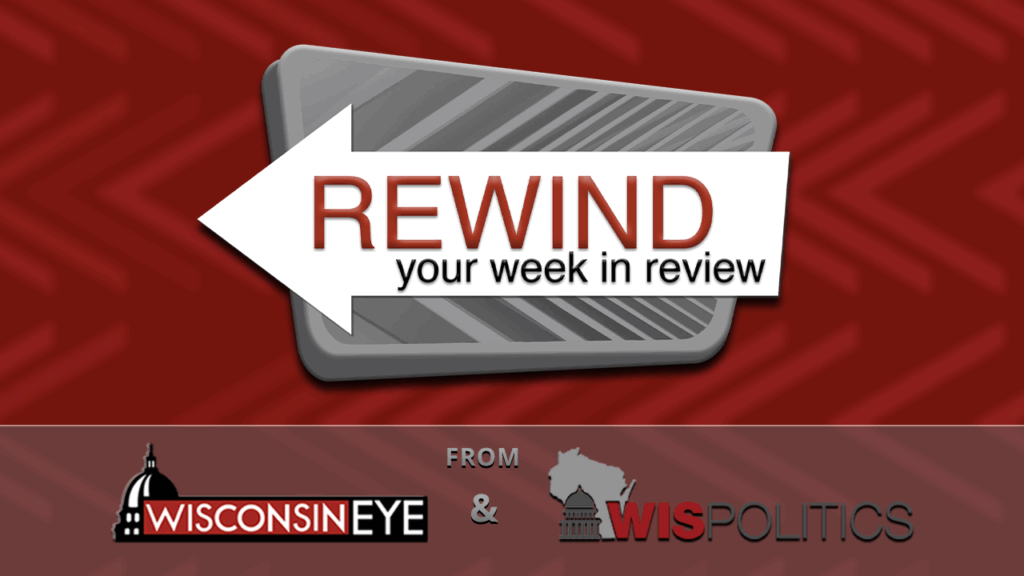
On this week’s episode of “Rewind,” Wisconsin Public Radio’s Anya van Wagtendonk and the Milwaukee Journal Sentinel’s Jessie Opoien discuss state budget negotiations breaking down, the Minnesota lawmaker shootings, the state Supreme Court ruling on legislative oversight of Department of Justice settlements and more.
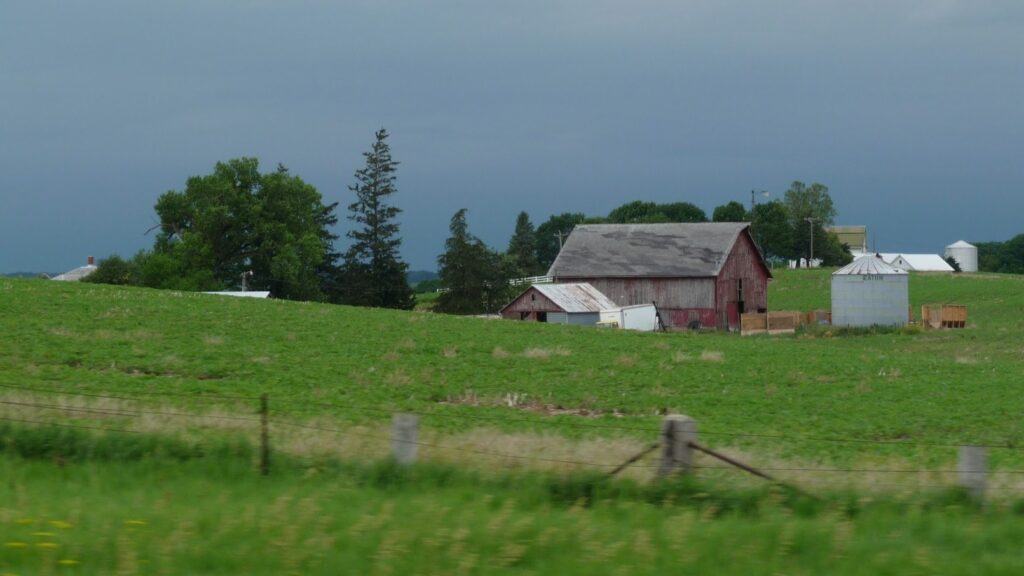
As Wisconsin lawmakers debate competing approaches to restricting foreign ownership of land, a new study finds similar bills elsewhere are more likely in states with Republican legislative majorities, military installations and more foreign-owned cropland.
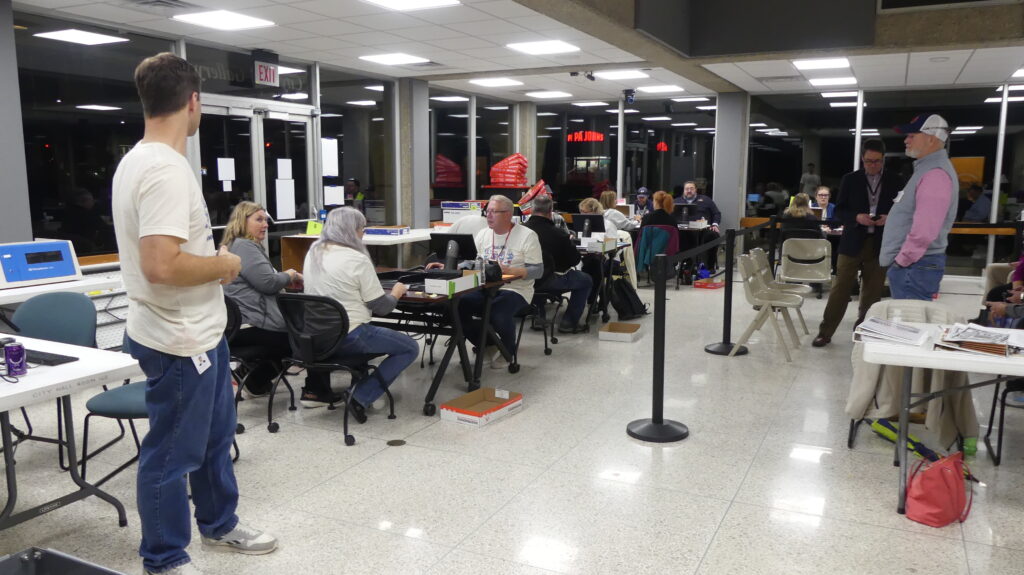
The rules, which have been in the works for more than two years, include proposed standards such as when events at a polling site can be recorded or what observers can do when ballots are cast in a care facility.

Meanwhile, GOP legislative leaders are moving to set up an extraordinary session to vote on the budget.

The Joint Finance Committee nixed Dem Gov. Tony Evers’ call to raise hunting, fishing and other permits by $51 million and rejected additional positions for the state crime lab as it got back to work on the state budget.

The Joint Finance Committee convened shortly after 10:15 p.m. to begin voting again on areas of the state budget, more than 12 hours after its originally scheduled start time.

On this week’s episode of “Rewind,” WisPolitics.com’s JR Ross and Wisconsin Public Radio Capitol Reporter Anya van Wagtendonk discuss the last-minute budget push, the state Supreme Court’s decisions regarding the governor’s veto powers and congressional redistricting, results of the latest Marquette University Law School Poll and more.

The Joint Finance Committee is scheduled to begin its final push on the state budget with GOP legislative leaders hoping to finish work on the document by the end of next week.

The Joint Finance Committee will meet tomorrow to restart its work on the state budget with an agenda that includes more than 50 topics, ranging from the UW system to Transportation.

In this week’s DC Wrap: Wisconsin Dems criticize U.S. strikes on Iran as “unconstitutional” and Republicans back the move to prevent Iran from obtaining nuclear weapons.

Wisconsin voters still had a net positive view of Dem Gov. Tony Evers’ job performance even as a majority oppose him running for a third term in 2026, according to a new Marquette University Law School Poll.

The court offered no comment on its decision, though it rejected a similar request in early 2024 after throwing out the legislative lines that had been used for the 2022 elections.

A unanimous Wisconsin Supreme Court today ruled Dem Gov. Tony Evers exceeded his authority by partially vetoing a bill in a literacy package even though it didn’t include an appropriation.

Speaking at a WisPolitics luncheon in Madison Tuesday, Kaul also slammed changes that Health and Human Services Secretary Robert F. Kennedy Jr. has made to the way vaccines are approved.

Panelists at a WisPolitics event on elections administration voiced support for allowing early processing of absentee ballots in hopes of speeding election results reporting and avoiding election night “ballot dumps.”

The Assembly today sent to Gov. Tony Evers’ desk several measures to boost nuclear power in Wisconsin.

Assembly Speaker Robin Vos, R-Rochester, said he spoke with Gov. Tony Evers this morning about negotiations on the state budget after the Senate stepped away from bipartisan budget talks last week.

In addition to what’s happening at the federal level, Mnookin’s communication comes as work on the budget has hit an impasse in the GOP-controlled Legislature.

The state Supreme Court today ruled that the DNR doesn’t have to identify PFAS and other contaminants as hazardous materials before responsible parties must take steps to clean up the pollution. In the 5-2 decision, the court ruled the agency doesn’t need to promulgate rules identifying every substance, including its

Chief Justice Ann Walsh Bradley, who will retire when her term ends next month, says politicization and the record spending in recent state Supreme Court races is a danger to the future of the court.

On this week’s episode of “Rewind,” Wisconsin Public Radio’s Anya van Wagtendonk and the Milwaukee Journal Sentinel’s Jessie Opoien discuss state budget negotiations breaking down, the Minnesota lawmaker shootings, the state Supreme Court ruling on legislative oversight of Department of Justice settlements and more.

As Wisconsin lawmakers debate competing approaches to restricting foreign ownership of land, a new study finds similar bills elsewhere are more likely in states with Republican legislative majorities, military installations and more foreign-owned cropland.

The rules, which have been in the works for more than two years, include proposed standards such as when events at a polling site can be recorded or what observers can do when ballots are cast in a care facility.